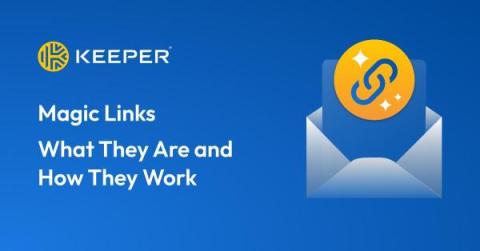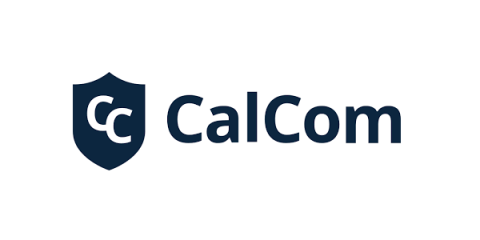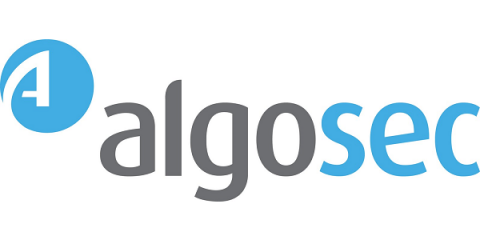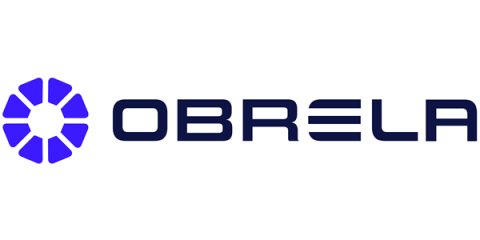The Impact of Artificial Intelligence on Cybersecurity: Opportunities and Threats
The integration of Artificial intelligence (AI) is forcing a significant transformation in the business operations landscape. Through automation, data analysis and predictive capabilities, AI is reshaping how businesses operate as companies look to spur productivity.











